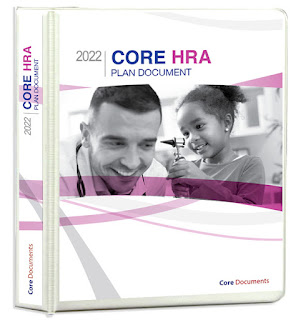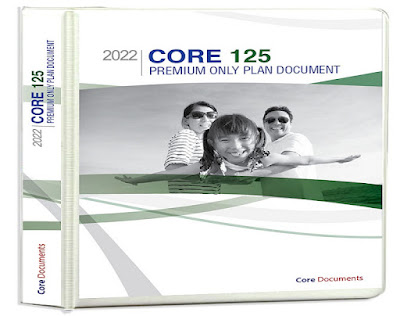Unlocking Healthcare Freedom: A Deep Dive into ICHRA and Dental HRA
Introduction
Healthcare costs
continue to rise, making it increasingly important for individuals and
employers to explore alternative ways of providing and obtaining health
benefits. Two innovative approaches in this realm are Individual Coverage
Health Reimbursement Arrangements (ICHRA) and Dental Health Reimbursement
Arrangements (Dental HRA). In this
comprehensive guide, we'll delve into what these HRAs are, how they work, and
their potential benefits.
 |
| Dental HRA |
Individual Coverage Health Reimbursement Arrangement
(ICHRA)
Individual Coverage HRA, commonly known as ICHRA, is an employer-sponsored
health benefit that provides employees with a stipulated amount of money to
purchase their own health insurance coverage. Here's a breakdown of how ICHRA
works:
Employer
Contributions: Employers set aside a fixed amount of money, tax-free, for each
eligible employee into their ICHRA account. This account is typically managed
by a third-party administrator.
Employee Choice:
Employees can use the funds in their ICHRA account to purchase health insurance
coverage that suits their needs. This coverage can be obtained on the
individual marketplace or through an employer-sponsored plan.
 |
| Individual Coverage HRA |
Reimbursement:
Employees submit their qualified medical expenses, such as insurance premiums,
deductibles, and co-pays, to the administrator for reimbursement, up to the
amount allocated by their employer.
Tax Benefits: The
funds provided by the employer are tax-free for both the employer and the
employee, making ICHRA an attractive option.
Benefits of ICHRA:
- Flexibility: Employees have the freedom to choose the health insurance plan that aligns with their unique healthcare needs.
- Cost Control: Employers can control their healthcare expenses by setting a fixed budget for each employee.
- Tax Advantages: Both employers and employees enjoy tax benefits, reducing the overall cost of healthcare.



Comments
Post a Comment